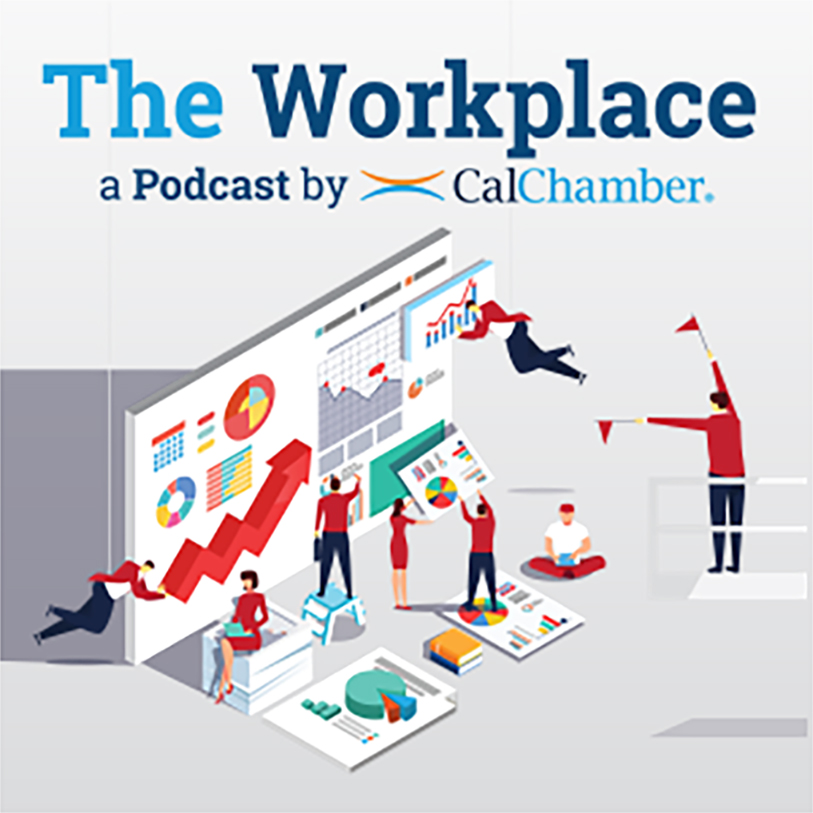In this episode of The Workplace podcast, CalChamber General Counsel, Labor and Employment Bianca Saad, CalChamber Associate General Counsel Matthew Roberts and CalChamber Employment Law Subject Matter Expert Vanessa Greene discuss employers’ best practices to address employees’ speech in the workplace.
More than ever, world, national and local affairs are creeping into the workplace with employees increasingly speaking out publicly about them. Employers may be struggling with understanding when and how to address employees’ public statements or comments that may cross the line in the workplace.
Often employees and employers may be confused about whether the U.S. Constitution’s First Amendment’s right to free speech applies to the workplace. However, the First Amendment only protects individuals from the government, so it does not apply to private employers.
Does this mean employers are free to discipline an employee for any speech the employer doesn’t like? Not necessarily. Under both federal and California law, employee speech may be protected depending on the content of that speech.
To help employers understand what they can and can’t do, this episode of the Workplace podcast covers:
- How the National Labor Relations Act (NLRA) protects certain employee speech topics — whether a workplace is unionized or not.
- How California law prohibits employers from coercing employee political viewpoints.
- What speech and expressions employers can and can’t restrict in workplace policies and employee handbooks — including policies like codes of conduct and even non-solicitation policies.
- How to address a tricky situation where a political disagreement becomes a conflict in the workplace between employees.
- Whether an employer can regulate employee conduct or speech that occurs after hours, away from the workplace or even on a personal device.
- Practical tips for navigating these issues.
Employers should help employees understand that these policies are designed to create a respectful work environment. Employers should regularly review and update their policies and related trainings to ensure they evolve as laws, technology and social dynamics change.

